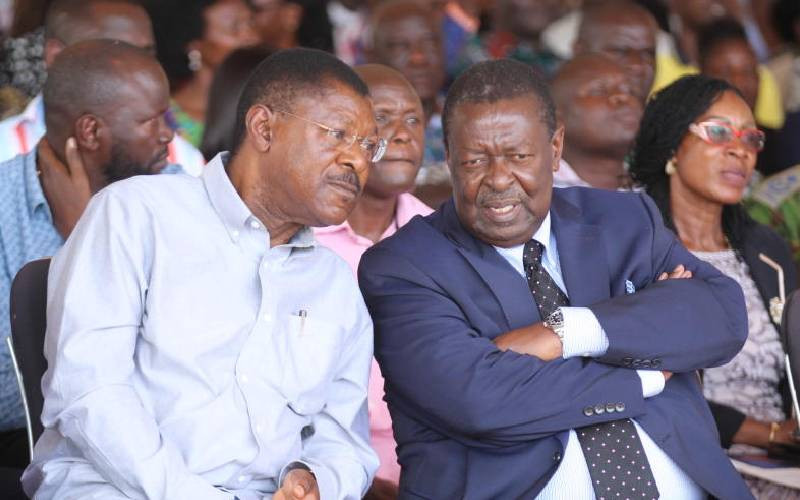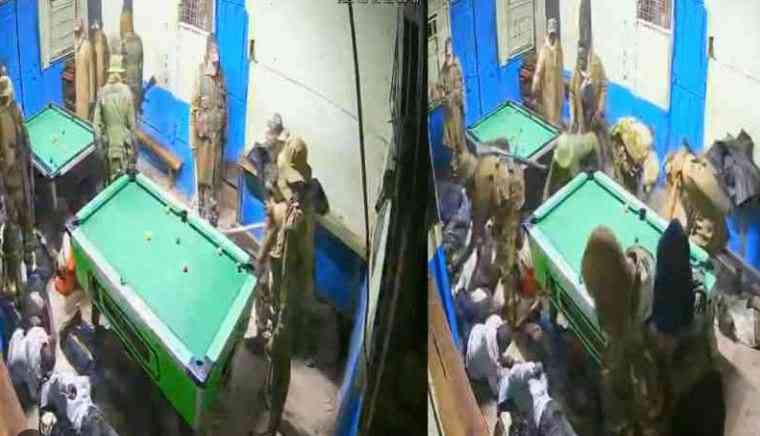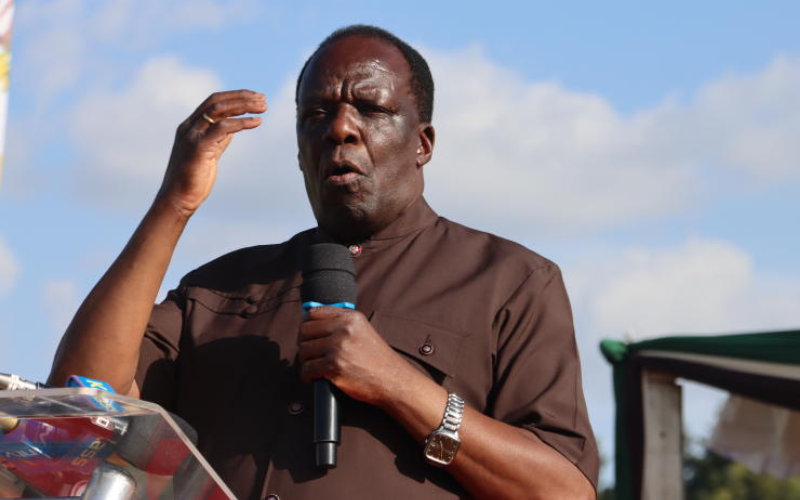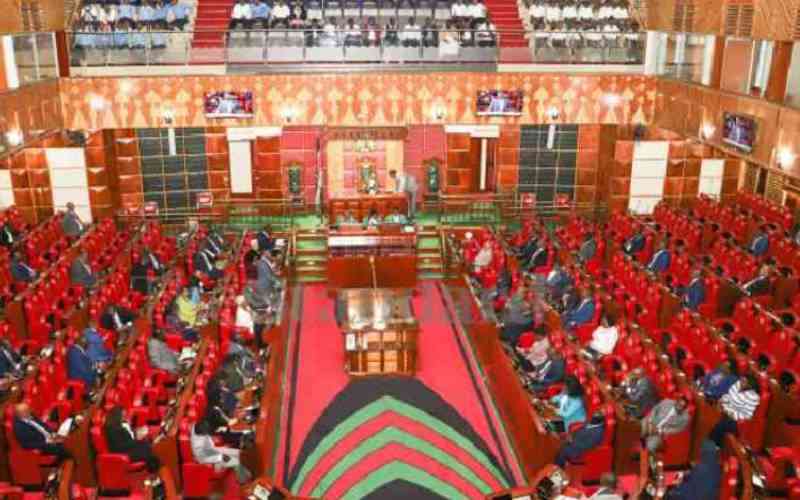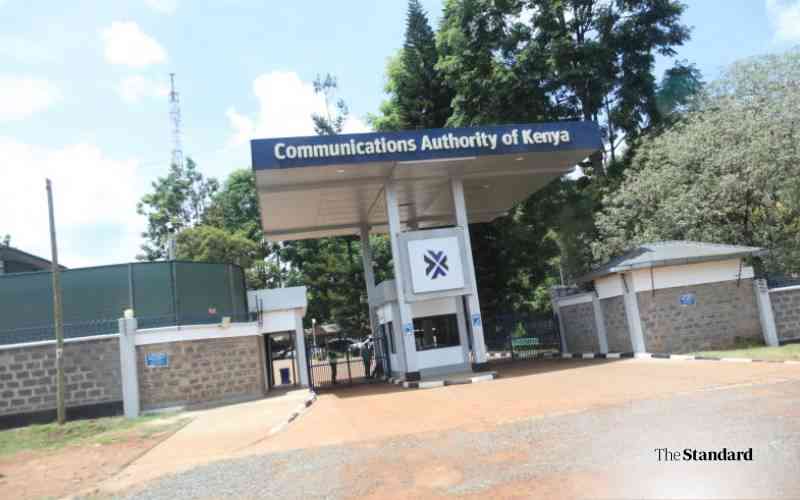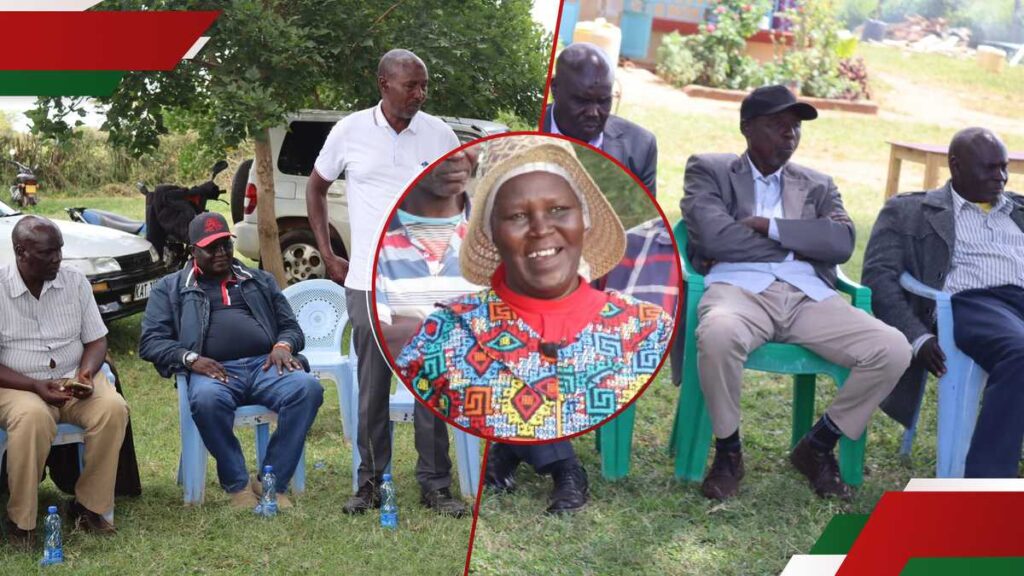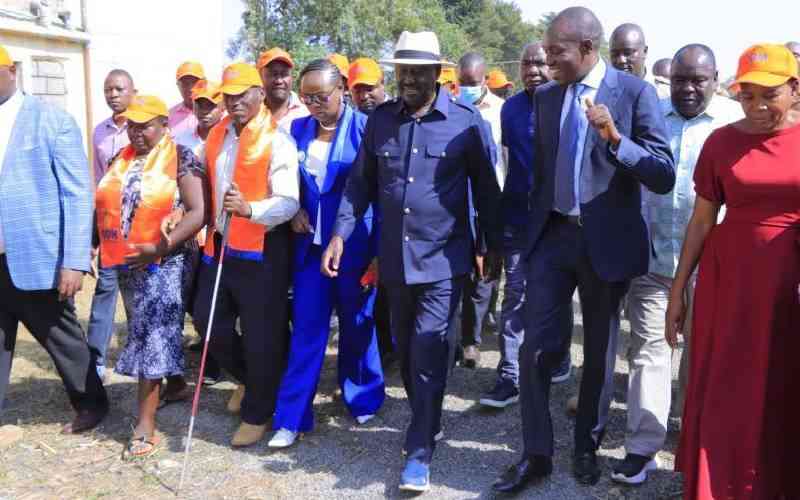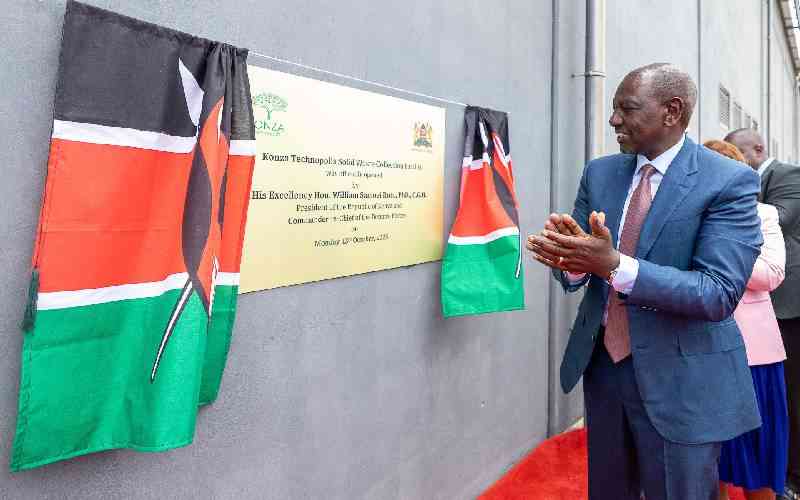The National Assembly has passed the Assisted Reproductive Technology Bill, 2022, creating Kenya’s first legal framework for fertility treatment and surrogacy while banning exploitative commercial practices.
The law sets rules for procedures, including in vitro fertilisation, intrauterine insemination, and gamete and embryo donation.
It establishes an Assisted Reproductive Technology Committee under the Kenya Medical Practitioners and Dentists Council to license clinics, regulate practitioners, and maintain a confidential national register of donors, embryos, and children conceived through assisted reproductive technologies.
Only altruistic surrogacy is allowed, where a surrogate mother receives no payment beyond medical expenses, and children born through assisted reproduction receive equal legal status to those born naturally.
The legislation imposes fines of up to Sh10 million or 10 years in prison for offences such as human cloning, sale of gametes or embryos and sex selection.
Under the new framework, only Kenyan citizens aged 25 to 55 may seek surrogacy.
Surrogate mothers must be aged 25 to 45, have given birth at least once and undergo medical and psychological assessments.
All procedures require written consent; posthumous use of reproductive material is prohibited. Gamete donations are limited to 10 instances per person, and counselling is mandatory for intended parents and surrogates.
Surrogates are entitled to 3 months’ leave after birth, and intended parents are eligible for maternity and paternity leave.
Speaker Moses Wetang’ula hailed the law as “a long and protracted process,” observing it balances scientific progress with moral and cultural values while protecting families from foreign exploitation.
“This legislation will make a real difference in the lives of many,” he said.
Infertility in Kenya remains a largely unregulated area, with many affected couples facing social stigma and financial barriers.
Treatment such as in‑vitro fertilisation typically costs between Sh 400,000 and Sh 700,000 per cycle, making access impossible for many low‑income couples.
Stay informed. Subscribe to our newsletter
Until now, assisted reproductive services in Kenya have lacked a specific legal and regulatory framework, leaving clinics unmonitored and potential rights gaps for surrogates and children.
The bill will now move to the Senate for concurrence before being presented to the President for assent.


